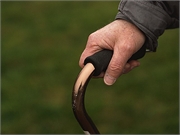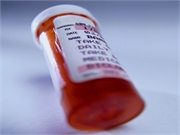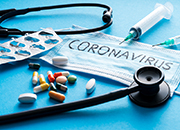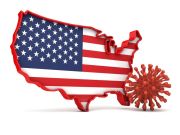
Smoking, drinking too much and divorce are among the social and behavioral factors most strongly linked to dying early, a new study says. Researchers analyzed data from more than 13,600 U.S. adults between 1992 and 2008, and examined 57 social and behavioral factors among those who died between 2008 and 2014. The 10 factors most… read on >


















